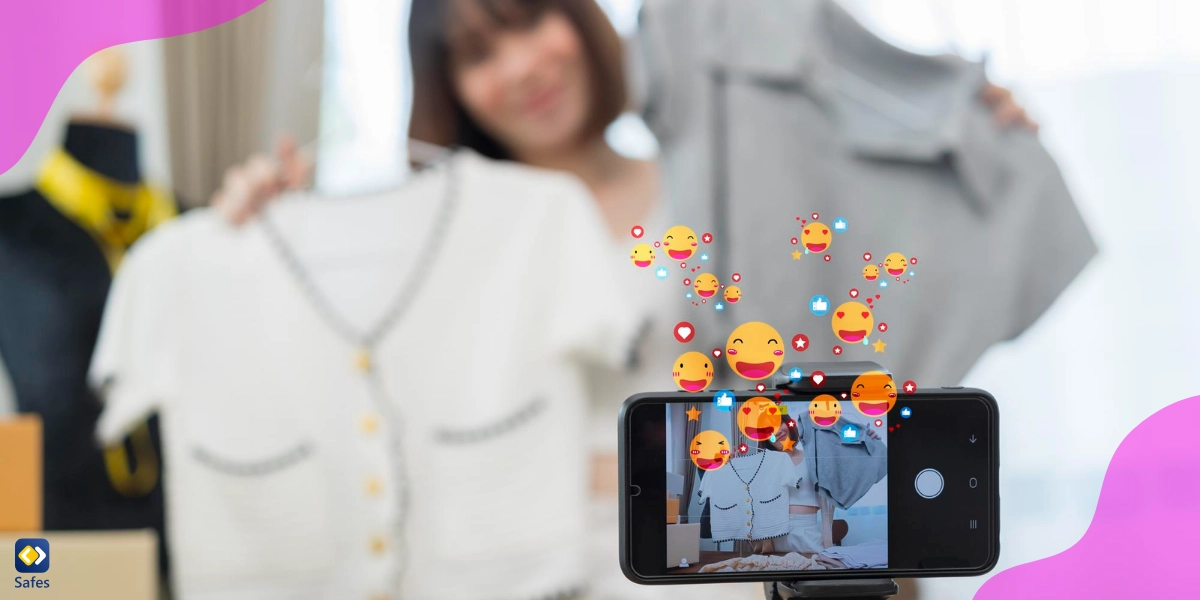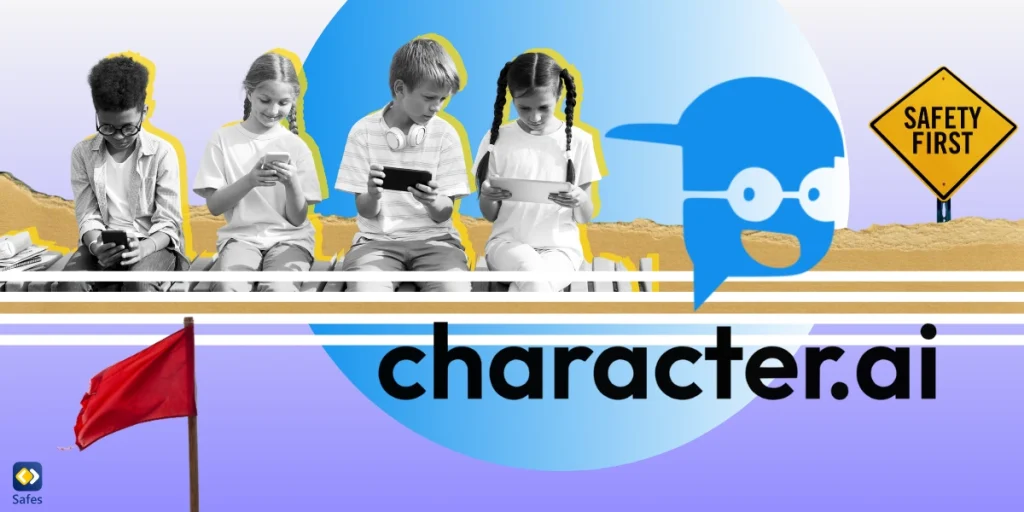In a world dominated by social media, influencer culture has significantly shaped consumer behaviors, particularly among young audiences. However, a new trend is emerging as a response to the perceived excesses and pitfalls of influencer marketing: Meet the deinfluencers! In this blog, we’ll explore “What is a deinfluencer?”, their role in counteracting traditional influencers, and the implications of this trend for children.
Download and Start Your Free Trial of the Safes Parental Control App
What Is a Deinfluencer?
A deinfluencer is an emerging breed of social media personalities who operate in opposition to the traditional influencer model. Instead of promoting products or services, deinfluencers focus on discouraging their followers from unnecessary consumption, questioning the value of products touted by influencers, and promoting thoughtfulness in purchasing decisions.
They are not simply the antithesis of influencers; they represent a paradigm shift in how social media personalities interact with their followers and the values they promote. Deinfluencers advocate for authenticity, self-awareness, and critical thinking instead of the conspicuous consumption typically associated with influencer culture.
The Deinfluencer Trend: Why Are They Gaining Traction?
The emergence of the deinfluencer trend is primarily a response to influencer culture‘s perceived excesses and drawbacks. As social media platforms have expanded, so have influencers promoting various products, from clothing and cosmetics to food and fitness routines. This unrelenting barrage of product promotions has led to a backlash, with critics arguing that it promotes materialism, overconsumption, and unrealistic lifestyle expectations.
Deinfluencers represent a counter-narrative to this trend. They champion a more mindful and intentional approach to consumption, questioning the need for constant purchasing and promoting a more sustainable and mindful lifestyle. Deinfluencer marketing resonates with a growing portion of the population concerned about the environmental and psychological impacts of rampant consumerism.
In a way, the deinfluencer trend is a product of modern society’s growing disillusionment with the relentless pursuit of material wealth and the recognition that happiness and fulfillment can’t be bought off the shelf.

Deinfluencing and Young Audiences: A Positive Influence?
While adults may have developed a healthy skepticism toward marketing tactics, children and teenagers are often more impressionable. Influencer culture can have a profound impact on them, shaping their perceptions of self-worth and success. This is where deinfluencers can play a crucial role.
By promoting critical thinking and questioning the need for constant consumption, deinfluencers mean to serve as positive role models for younger audiences. They can encourage young people to ask about the messages they receive and make more informed decisions about their purchases.
However, parents and educators must facilitate these discussions, helping children understand the motivations behind influencing and deinfluencing and that not everything seen on social media should be taken at face value.
The Role of Parents in the Deinfluencer Age: Safeguarding Children in the Digital World
The emergence of deinfluencers represents a new challenge for parents navigating the digital landscape. While the deinfluencer trend can represent a positive shift away from rampant consumerism, it’s crucial for parents to engage in open dialogues with their children about the messages they encounter online.
One tool that can help you in this endeavor is the Safes parental control app. This comprehensive digital safety solution enables you to monitor your child’s online activities, flagging any potentially harmful content and facilitating conversations about responsible digital behavior.
Safes can be particularly helpful in the context of influencer and deinfluencer culture, enabling you to understand the types of content your child is consuming and provide guidance as needed.
You are welcome to download Safes from our website or from either the Google Play Store or the Apple App Store. Start your 2-week free trial with Safes and navigate the new social media trends securely!
The Future of Deinfluencing: An Evolving Trend
As influencer culture has evolved over the years, so will the deinfluencer trend. As the digital landscape changes, how deinfluencers engage with their audiences and the issues they address will shift.
However, the core values promoted by deinfluencers are likely to remain relevant. As consumers become more discerning and demand greater authenticity from the brands they engage with, the role of deinfluencers in shaping consumer behaviors may become increasingly important.
Conclusion: Navigating the Deinfluencer Trend
By promoting critical thinking, self-awareness, and mindful consumption, deinfluencers can serve as positive role models and counteract some of the negative impacts of influencer culture. However, you need to stay engaged in your child’s digital lives, facilitating open discussions about the messages they encounter online and providing guidance as needed. Tools like the Safes parental control app can be invaluable in helping you navigate this complex terrain.
Ultimately, the emergence of deinfluencers represents a broader shift toward a more mindful and intentional approach to consumption. This trend is likely to continue in the years to come.
Your Child’s Online Safety Starts Here
Every parent today needs a solution to manage screen time and keep their child safe online.
Without the right tools, digital risks and excessive screen time can impact children's well-being. Safes helps parents set healthy boundaries, monitor activity, and protect kids from online dangers—all with an easy-to-use app.
Take control of your child’s digital world. Learn more about Safes or download the app to start your free trial today!




